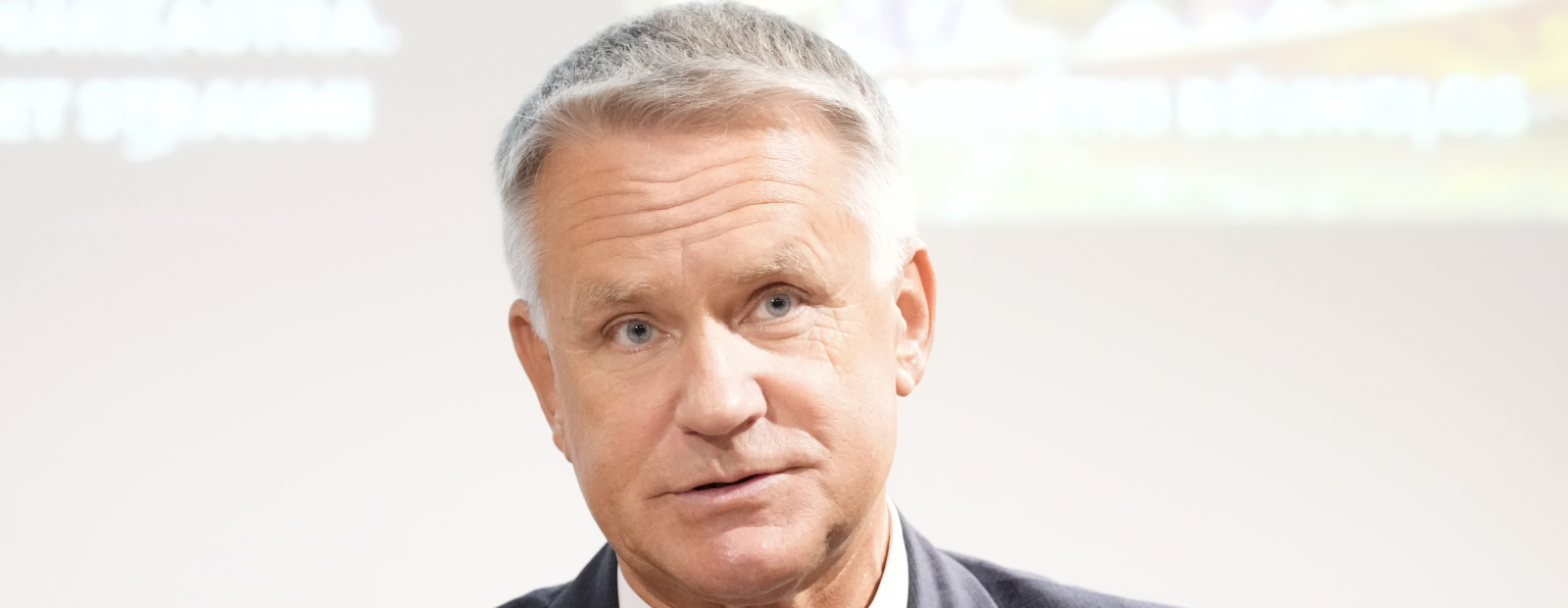He stressed that Dziesmusvētki is a tradition of the Latvian people, which unites, inspires, pleases, makes one strong and self-confident. It is a “tradition that has shaped the nation’s self-confidence and has maintained the strength of its spirit in all times – including turbulent and tragic – times,” the politician continued.
Puntulis noted that, approaching the 150th anniversary of the Latvian Song Festival, it was decided to create an intangible “Silver Grove”, which would preserve various testimonies about the festival and its manifestations.
According to Puntulis, this set of testimonies, whose numerical expression is not yet known, will give anyone interested the opportunity to search and find traces of their family and county in the one hundred and fifty-year history of the existence of the Dziesmusvetki tradition.
He also drew attention to the fact that intangible cultural heritage differs significantly from material heritage in that it cannot exist outside of people, because it becomes alive and lives only in the head and heart of people of the present, so it depends on how more direct and closer to everyone’s attitude towards it, from our sense of belonging to this heritage, from a true desire to preserve and develop it.
Iveta Ruskule, director of the Museum of Literature and Music (RMM), noted that in 1931, when Latvia experienced the VII General Song Festival, the prose writer Kārlis Skalbe wrote in “Mazajās notezīmes” that at the Song Festival ” we are still celebrating our cultural life. ”The director of RMM stressed that, although several decades have passed, we are still in the arena of cultural struggle.
Realizing that RMM can tell the story of the canonical Universal Song and Dance Festival quite fluidly, he must conclude, however, how heterogeneous and fragmented the information of heritage memory artifacts that are more or less known about it.
The director of RMM stressed that today those present joined in joint cooperation with other Latvian institutions, as well as addressing cultural heritage participants and tradition makers across Latvia, in order to very deliberately start creating an image of Christmas Eve, starting with the smallest component – from one person, then through the years and developments in Latvia and beyond.
Ilona Matvejeva, communications manager of RRM, said that to celebrate the 150th anniversary of the tradition, the new song and dance exhibition created by RMM “Dziesmusvetku telpa” will open in May 2023. According to her, it will be the context for the creation of a national cooperation network, as well as for documenting the tradition, heritage and topicality of the Song and Dance Festival. The cooperation network is made up of institutions linked to maintaining the tradition of the Song and Dance Festival, cooperating with a common goal: to document and guarantee accessibility, involving everyone.
At the forum “All our song festivals” a memorandum was signed on the future principles of cooperation to learn about the 150-year history of the Song Festival and promote modern management of cultural heritage.
The memorandum was signed by the Director of RRM Ruskule, Director of the Latvian National Archives Māra Sprūdža, Director of the Latvian National Cultural Center Signe Pujāte, President of the Association of Cultural Workers of Latvia Dace Jurka, Director of the Institute of Literature, Folklore and Art of the University of Latvia Eva Eglāja-Kristsone and Rector of the Latvian Academy of Culture Rūta Muktupāvela. In addition, the director of the Latvian National Library Andris Vilks will sign the memorandum in the near future.
According to the website “dziesmusvetki.lndb.lv”, the first general Latvian singing festival took place in 1873 and was attended by 1003 singers and 16 musicians. In 1948 a dance was added to the song.
In the 145 years since the first Song Festival, the festive tradition has taken root in the Latvian people and the Song Festival movement has formed. In 2018, the XXVI General Festival of Latvian Song and the XVI Festival of Dance took place in Riga, in which more than 40,000 participants took part.
Next year, however, in 2023, the 150th anniversary of the tradition will be celebrated.
–


